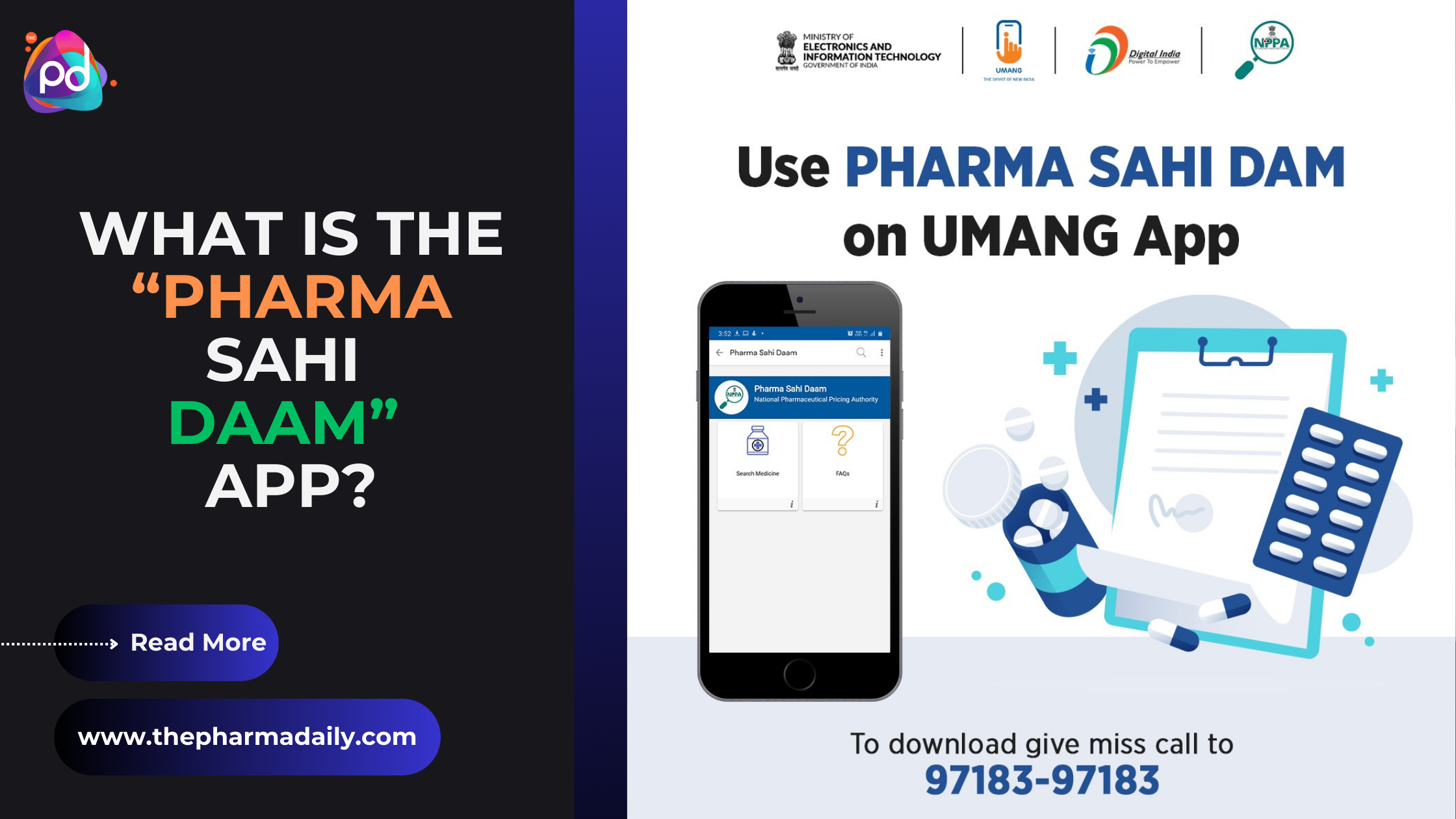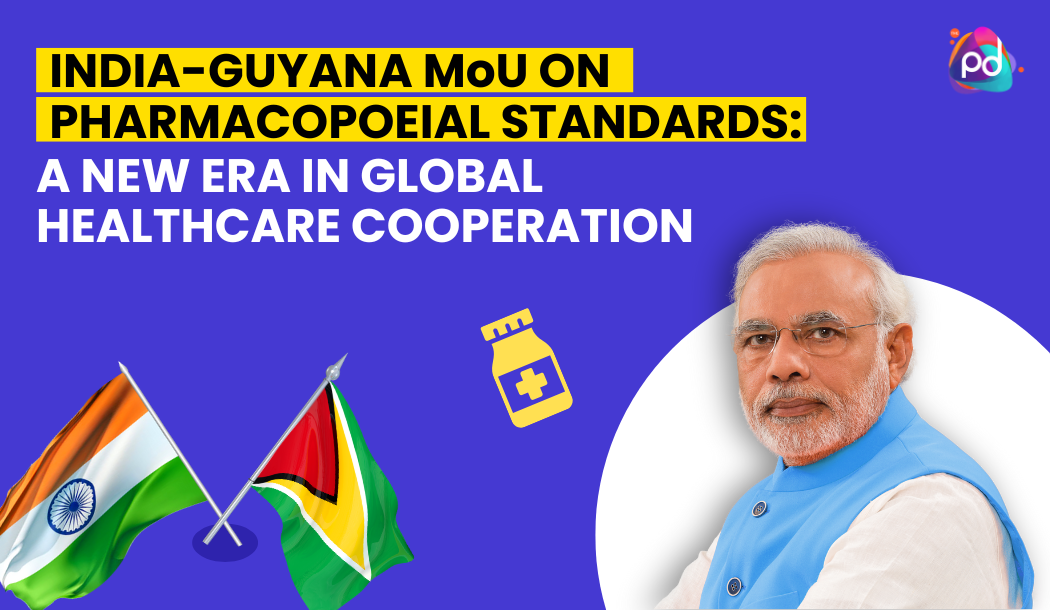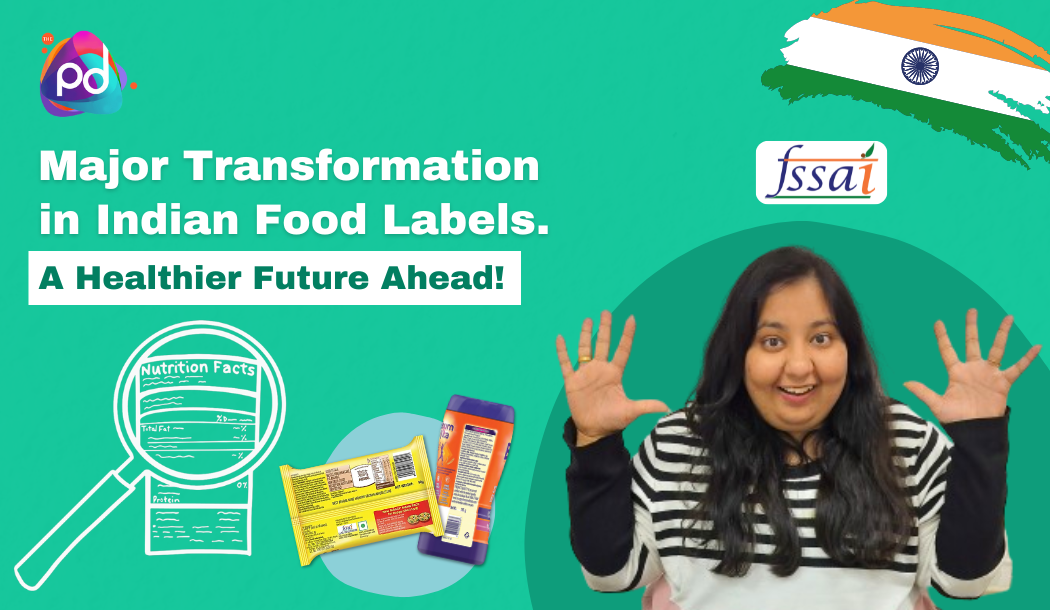Pharma Sahi Daam App: Revolutionizing Medicine Price Transparency in India
What is GxP?
The Backbone of Quality in Life Sciences
Introduction
In the complex world of life sciences, ensuring quality and compliance is paramount. One of the key frameworks helping to maintain these standards is GxP. GxP stands for "Good Practice" and the "x" can be substituted for various fields, such as Manufacturing (GMP), Laboratory (GLP), Clinical (GCP), and Distribution (GDP). These guidelines are critical for companies in the pharmaceutical, biotechnology, and medical device industries to ensure that products are safe, meet quality standards, and are effective.

What is GxP?
GxP is a collection of quality guidelines and regulations created to ensure that bio/pharma products are safe, meet their intended use, and adhere to quality processes during manufacturing, control, storage, and distribution. The principles of GxP cover all aspects of production; from the raw materials, premises, and equipment to the training and hygiene of staff. Comprehensive documentation and validation of processes and procedures are key components of GxP compliance to ensure that the product is consistent and reproducible.
What does "GxP" stand for?
GxP is an acronym that stands for "Good Practice" guidelines and regulations. The "x" in GxP can be replaced with various letters representing different sectors within the healthcare, pharmaceutical, and food industries. For instance:
-
GLP: Good Laboratory Practices
-
GCP: Good Clinical Practices
-
GMP: Good Manufacturing Practices
-
GDP: Good Distribution Practices
-
GVP: Good Pharmacovigilance Practices
These guidelines are enforced by regulatory agencies around the world, including the U.S. Food and Drug Administration (FDA), the European Medicines Agency (EMA), and others. They are designed to ensure that products are consistently produced and controlled according to quality standards appropriate for their intended use.
Why is GxP Important?
GxP regulations are critical because they ensure that life sciences companies follow consistent processes that lead to safe and effective products. By complying with GxP, companies can:
-
Ensure Quality: Maintain the high quality of their products throughout the production and distribution process.
-
Protect Patients: Prevent product-related errors and contamination that could potentially harm patients.
-
Enhance Reputation: Build and maintain trust with regulatory authorities and the public.
-
Achieve Compliance: Avoid legal issues and penalties associated with non-compliance, which can be costly and damage a company’s reputation.
Key Components of GxP
-
Quality Management: At its core, GxP is about quality management. This includes setting standards for quality systems and procedures that companies must follow to ensure their products are consistently high in quality and safe for consumer or patient use.
-
Documentation: Documentation is a major aspect of GxP. Every aspect of the manufacturing and distribution process must be documented to ensure traceability and accountability. This allows for a clear audit trail that can be followed to investigate any deviations or discrepancies.
-
Validation: Validation ensures that all systems, including equipment and processes, are operating correctly and producing results within the desired specifications. Validation activities must be documented extensively.
-
Personnel Qualification: Ensuring that all personnel involved in the production, testing, and distribution of pharmaceuticals are properly trained and qualified to perform their duties is essential. Training records are meticulously maintained as part of GxP compliance.
-
Premises and Equipment: GxP guidelines also dictate that the premises for manufacturing, storage, and testing must maintain certain standards to prevent contamination and errors. Equipment must be regularly inspected and maintained to ensure it is fit for purpose.
Significance of GxP
The importance of GxP can be seen in its role in protecting public health by ensuring the safety, efficacy, and quality of drugs. It also protects the manufacturers themselves by minimizing the risk of product recalls and compliance issues, which can have severe financial and reputational impacts.
-
Public Health: By ensuring that products are consistently produced and controlled according to quality standards, GxP minimizes the risks associated with pharmaceutical production that could lead to health hazards.
-
Regulatory Compliance: GxP is crucial for meeting the regulatory requirements set by authorities like the FDA in the United States, EMA in Europe, and other international regulatory bodies. Non-compliance can lead to severe legal consequences including fines and business closure.
-
Operational Efficiency: While compliance requires an initial investment in proper procedures and systems, it ultimately leads to improvements in efficiency and cost savings by reducing errors and enabling effective operations.
Conclusion
GxP guidelines form the foundation of regulatory compliance in the production and handling of pharmaceuticals, biologics, and medical devices. These guidelines are essential for ensuring that the products reaching consumers are of the highest quality and safety. Understanding and implementing GxP in accordance with regulatory standards is not just a legal obligation but also a moral one, ensuring that the products contribute positively to public health and safety. For companies in the life sciences sector, robust GxP compliance is not just about following the law—it's about upholding the trust placed in them by healthcare providers and patients worldwide.
Checkout our Latest Podcast Details:
🎓 Dive into the world of pharmaceutical compliance with our latest video: "What is the meaning of GxP? | Podcast on GxP & Quality with Mr. Harsh Thakkar, CEO of Qualtivate |". 🚀 Join us as we explore critical quality assurance standards with an industry expert!
🔬 "What is the meaning of GxP? | Podcast on GxP & Quality with Mr. Harsh Thakkar, CEO of Qualtivate |" uncovers the essentials of Good Laboratory Practice (GLP), Good Clinical Practice (GCP), and Good Manufacturing Practice (GMP). This podcast is perfect for pharmacy students, professionals, and anyone interested in pharmaceutical quality control. 🌟
👥 Featuring Mr. Harsh Thakkar, a leading voice in pharmaceutical quality and compliance, this video is a must-watch! Whether you're gearing up for placements or just curious about the industry's best practices, "What is the meaning of GxP? | Podcast on GxP & Quality with Mr. Harsh Thakkar, CEO of Qualtivate |" offers invaluable insights.
📈 Don't forget to LIKE, SUBSCRIBE, and SHARE "What is the meaning of GxP? | Podcast on GxP & Quality with Mr. Harsh Thakkar, CEO of Qualtivate |" to keep up with all things pharmacy and quality assurance! 🔗
Podcast Link:
https://www.youtube.com/watch?v=rLQkD79Wx3I&t=41s













